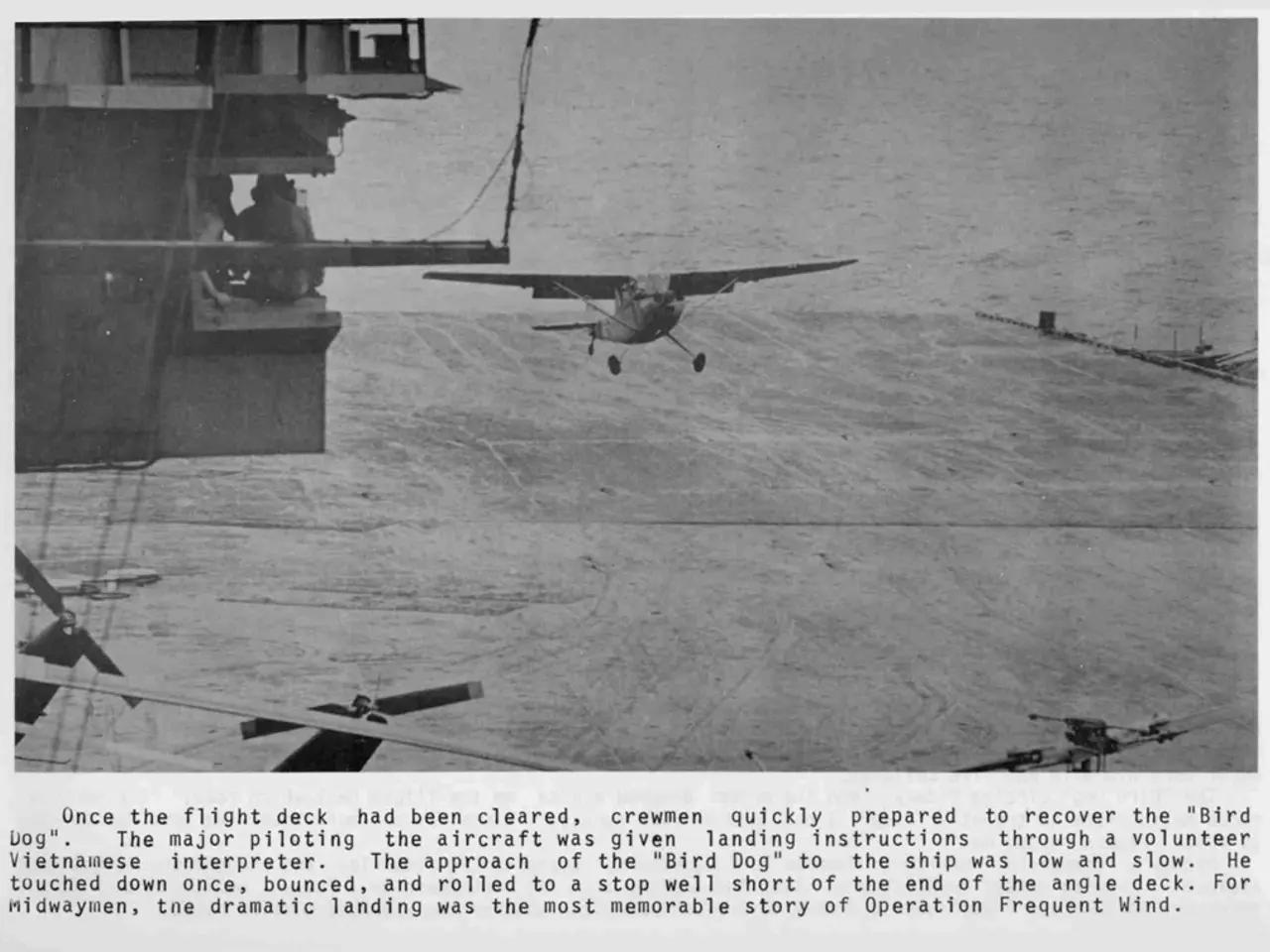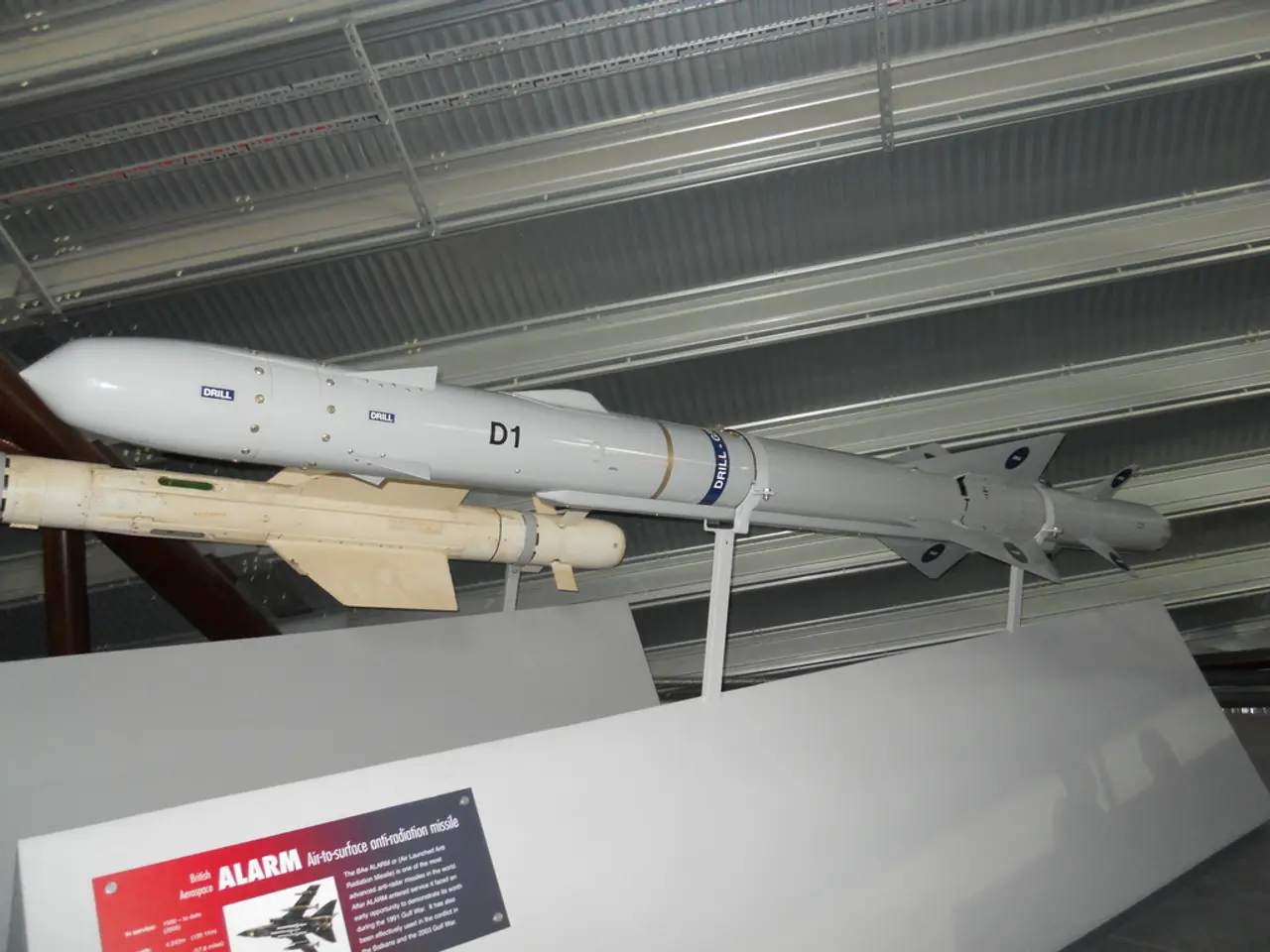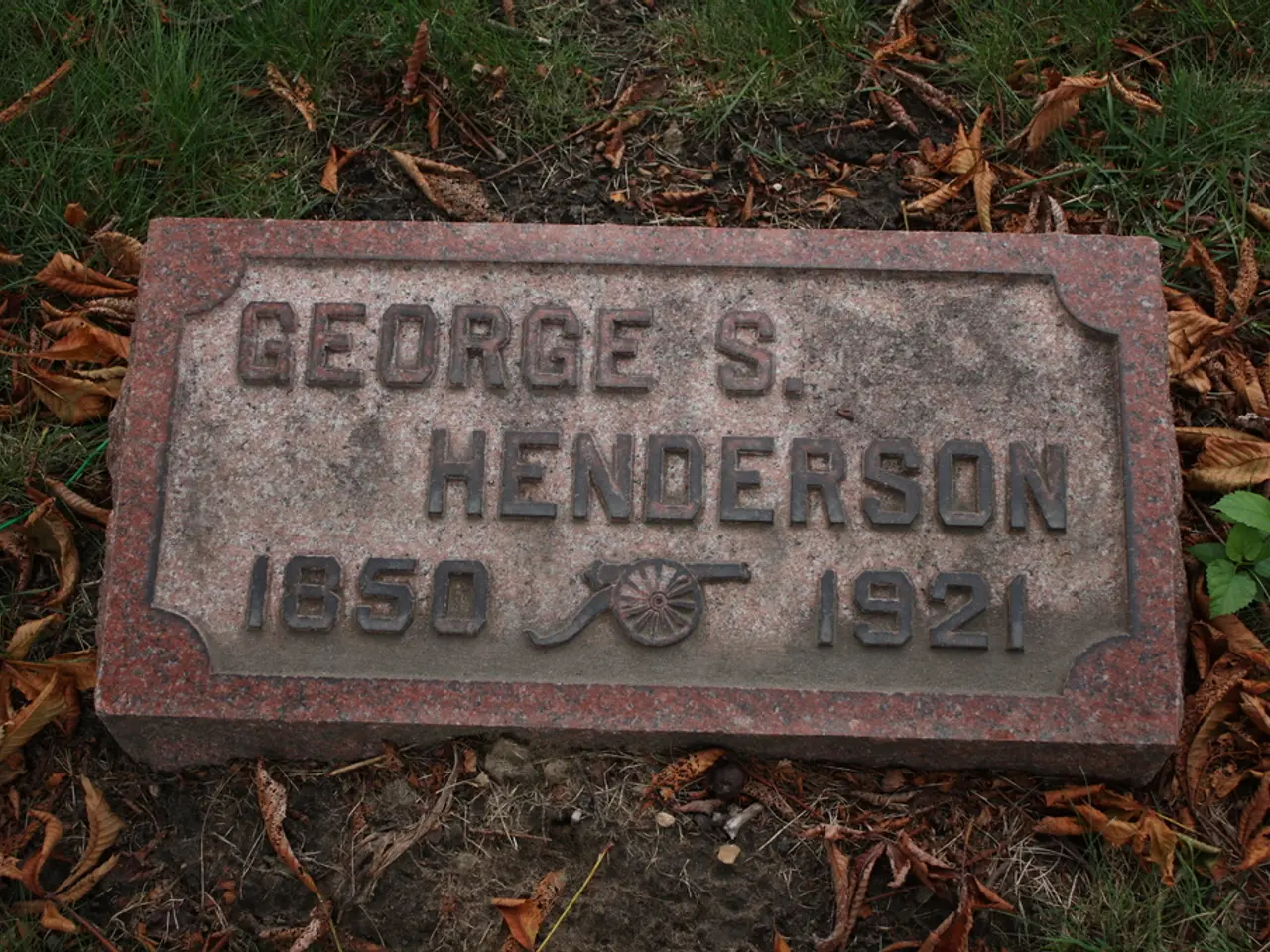Manufacturing explosive devices for Gaza's use
In an attempt to alleviate the ongoing hunger crisis in the Gaza Strip, Chancellor Friedrich Merz has launched an "air bridge" operation with Jordan's cooperation. This initiative aims to deliver essential supplies such as food and medical aid to the region. However, aid organisations and human rights groups have expressed concerns about the effectiveness of this plan.
The airlift, while symbolic, is deemed insufficient to address the catastrophic hunger and malnutrition affecting over two million people in Gaza. The limited aid delivered through airlifts and controlled humanitarian corridors falls far short of the urgent needs, while the blockade and military actions contribute to the worsening situation.
Long-term consequences of Germany's approach could include a limited impact on hunger and malnutrition, potential normalisation of inadequate responses, and international criticism and reputational risks. Relying on small-scale airlifts may tacitly accept the blockade conditions and limit pressure on Israel to fully open humanitarian corridors, prolonging the crisis.
Aid organisations and international bodies have suggested alternative strategies to prevent famine and address the root causes of the crisis. These include the full and immediate opening of humanitarian corridors, ending or easing the blockade, international diplomatic pressure, and enhanced coordinated aid efforts.
Despite the criticisms, Chancellor Merz remains committed to the airlift, stating, "We are here, we are in the region, we help." Germany is sending the Luftwaffe's "raisin bombers" to deliver aid to the Gaza Strip. However, the focus on aid delivery without addressing the underlying causes of the crisis has raised questions about the long-term effectiveness of Germany's approach.
Tarek Loubani, a Canadian doctor, has warned that all malnourished children in Gaza will die without immediate and comprehensive action. The German government has not yet mentioned sanctions against the cause of the hunger crisis in Gaza, and the European Union is not cutting off funding to Israeli aid efforts in the region.
The crisis in Gaza is causing slow starvation among its population, with the crisis leading to a severe humanitarian situation. The European Union is considering cutting off funding to Israel's innovative start-ups in Tel Aviv due to their contribution to the arms industry, but it remains to be seen how this will impact the ongoing crisis in Gaza.
Dialogue channels are being used by Germany to express concern about the crisis in Gaza, but the federal government does not dare to initiate a revolutionary change in relations with Israel. Berlin is taking its time and measuring actions regarding the crisis, with the long-term humanitarian consequences likely to be severe if more comprehensive, unrestricted humanitarian access and political solutions are not implemented.
War-and-conflicts, politics, and general-news are reporting about the ongoing crisis in the Gaza Strip, as Germany's approach, focusing on airlifts and ignoring root causes, faces criticism. Crime-and-justice is mentioned in discussions around potential sanctions against the cause of the hunger crisis in Gaza, but the European Union has yet to make a decision on cutting off funding to Israeli aid efforts in the region.







